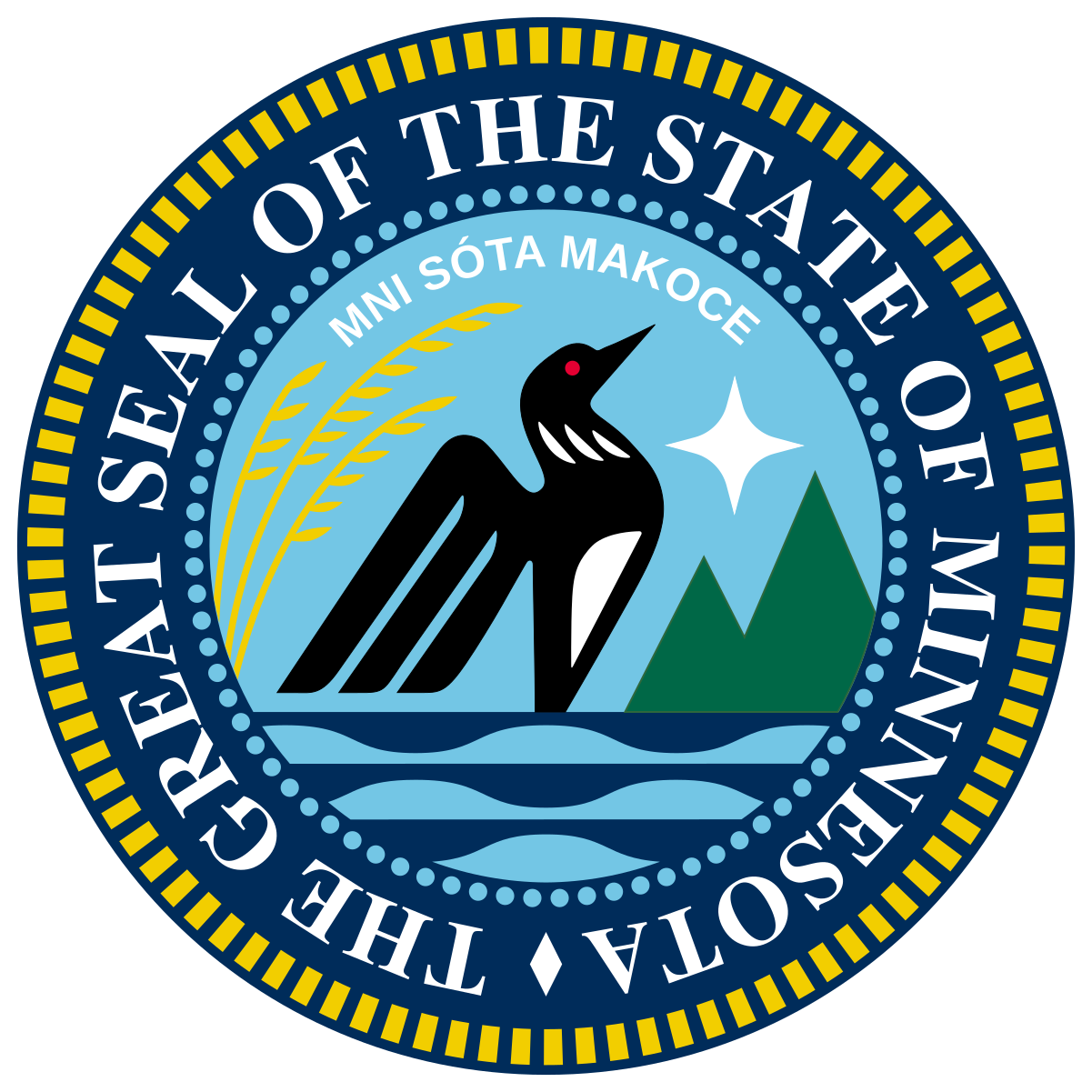As a U.S. Army veteran who served five combat deployments, I’ve seen firsthand the physical and psychological scars that many of my fellow service members carry with them after returning home.
I’ve walked alongside soldiers battling PTSD, chronic pain, anxiety and the long-term effects of traumatic brain injuries. These are not just war wounds — they are life-altering burdens that often go unseen and untreated.
In the years since I returned home, I’ve come to see that the path to healing doesn’t always come easily. And for many veterans, traditional treatments aren’t effective, leading us to turn to alternative treatments like cannabis.
I say this not as an outsider or a casual observer, but as a patient, an advocate and a former member of the Minnesota Cannabis Advisory Council. I’ve had countless conversations with fellow veterans and civilians alike who have found relief through cannabis when traditional medicine failed them. I’ve seen its power, not as a miracle drug, but as a legitimate and effective treatment for various conditions.
That’s why I strongly support the push to move cannabis from Schedule I to Schedule III under the Controlled Substances Act. The work that started during the Biden administration on this issue appears to have stalled out, and it needs a jumpstart.
Rescheduling cannabis to Schedule III would be more than a symbolic gesture. It would represent a tangible, meaningful shift in how we treat cannabis and those who rely on it. It would open the door to comprehensive clinical research that has long been stifled under federal restrictions. Researchers and medical professionals would finally be able to conduct studies with the rigor and scope this issue demands, helping us better understand the full spectrum of cannabis’s therapeutic potential.
And let’s be clear: Support for this change is not partisan. In fact, President Donald Trump has expressed support for rescheduling cannabis, recognizing the benefits of modernizing our drug laws. When leaders from across the political spectrum — conservatives, libertarians, progressives and independents — are aligned on an issue, it tells us something: This isn’t a radical idea. It’s a reasonable one.
Despite this growing body of evidence, our federal government still classifies cannabis as a Schedule I drug, putting it on par with heroin and declaring it to have “no accepted medical use” and a “high potential for abuse.”
Veterans, perhaps more than any other group, understand the consequences of bureaucratic inertia. We’ve watched the Veterans Affairs system struggle to keep up with the growing mental health crisis in our community. We’ve watched our brothers- and sisters-in-arms cycle through prescriptions, such as opioids, antidepressants and sleeping pills, many of which come with debilitating side effects and limited long-term effectiveness.
Cannabis has been a lifeline for many of us. And the irony is, in states where medical cannabis is legal, veterans often still face stigma from health care providers and risks to their federal benefits if they choose to use it. Why? Because cannabis remains stigmatized by outdated federal laws that ignore decades of research and real-world experience.
Reclassifying cannabis would legitimize it in the eyes of our health care system. It would allow providers, especially those within the VA, to have honest conversations with patients about medical cannabis as an option. It would remove the concern that many veterans face when they bring up cannabis with their doctors, fearing judgment or repercussions.
We can’t talk about supporting veterans and then ignore a reform such as this one that could improve our lives. We can’t claim to respect our service members while denying us access to a medicine that helps us live with dignity and purpose. We served our country with honor. We did our duty. Now we are simply asking our government to do theirs.

